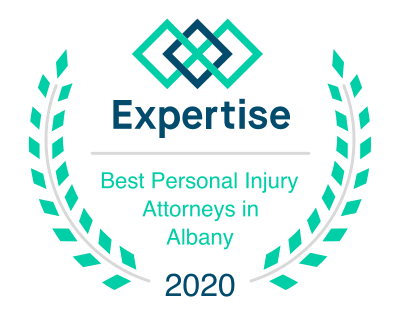TLF’s Leading Hospitality Attorney, Christine E. Taylor Interviewed by WCM on ADA Compliance for Campgrounds
Jun 11, 2021‘ADA Compliance Still a Large Issue for Campgrounds’
Excerpt from: Woodall’s Campground Management, June 2021
 Christine Taylor, a [principal] partner at The Towne Law Firm in New York, notes that park owners should be cognizant of the fact that lawsuits are picking up in some areas related to ADA issues, most recently a wave of lawsuits related to websites and ADA compliance were making news.
Christine Taylor, a [principal] partner at The Towne Law Firm in New York, notes that park owners should be cognizant of the fact that lawsuits are picking up in some areas related to ADA issues, most recently a wave of lawsuits related to websites and ADA compliance were making news.
“The whole pool access issue — either zero-entry pool or a pool chairlift — has started to become an issue again,” she noted. “For some park owners that is fine because they are doing the work to update their pools, but if you’re not, you need to be aware that it is becoming more of an issue again.
“I think we are going to see a bunch of ADA issues cropping up in a bunch of different places, not just the website thing anymore,” Taylor added.
Taylor said parks fall under the “public accommodation” portion of the ADA law, like a hotel.
“A lot of campgrounds tried to delay it by having an ADA action plan where they supposedly would do things over time, and that’s all well and good, but then you have to do that,” she highlighted. “If you are going to upgrade your bathroom or camp store, you need to be making it compliant when you’re upgrading it because that’s what your plan said you were going to do. You can’t say you’re going to do that and then not, which is going to be problematic.”
For park owners looking to renovate or build new public buildings, like bathhouses, it is important that they make the buildings ADA compliant, according to Taylor.
“That should be part of your plan if you had one made,” she notes. “You see people updating bathrooms and other areas, making them look nice, but they aren’t necessarily more accessible.”
Taylor said it is important for park owners to realize that not every campsite or cabin has to be ADA compliant.
“Every room in a hotel is not ADA compliant,” she explained. “They have one or two compliant rooms. Just like every bathroom stall doesn’t have to be compliant, but you should have one.”
Taylor said that if a park owner receives a demand letter from someone threatening a lawsuit there are two ways to approach a response.
“Often people send those letters to try to settle before they go through the expense of filing a lawsuit,” she noted. “If you have a relationship with an attorney already and you want to just make it go away at that stage, you can discuss it and try to discuss it with the other side and make it go away. A demand letter is not a filed lawsuit, there are no repercussions technically from a legal perspective of not responding to a demand letter. Except that if they don’t hear a response from you, they might go file the lawsuit.
“The obligation comes when they file some kind of lawsuit against you,” Taylor added. “Regarding those website cases, for example, some people got demand letters and a lawsuit was never filed. It just went away because the person never saw it through.”
Taylor said the key for park owners is to make sure they are creating plans to come into compliance and that they are doing the work required in those plans.
“Building a defense is the best offensive thing you can do,” she noted.
Article has been edited and condensed.
Source: Woodall’s Campground Management Magazine, written by Ben Quiggle, June 11, 2021
Our Hospitality Attorneys have the experience to handle all aspects of ADA Compliance for your Campground or RV Park. Don’t be vulnerable to costly lawsuits!
- Facility Requirements
- Public Accommodation
- Website Compliance
- Accessibility Defense
- Service Animal Requirements
- Operations & Premises Liability















